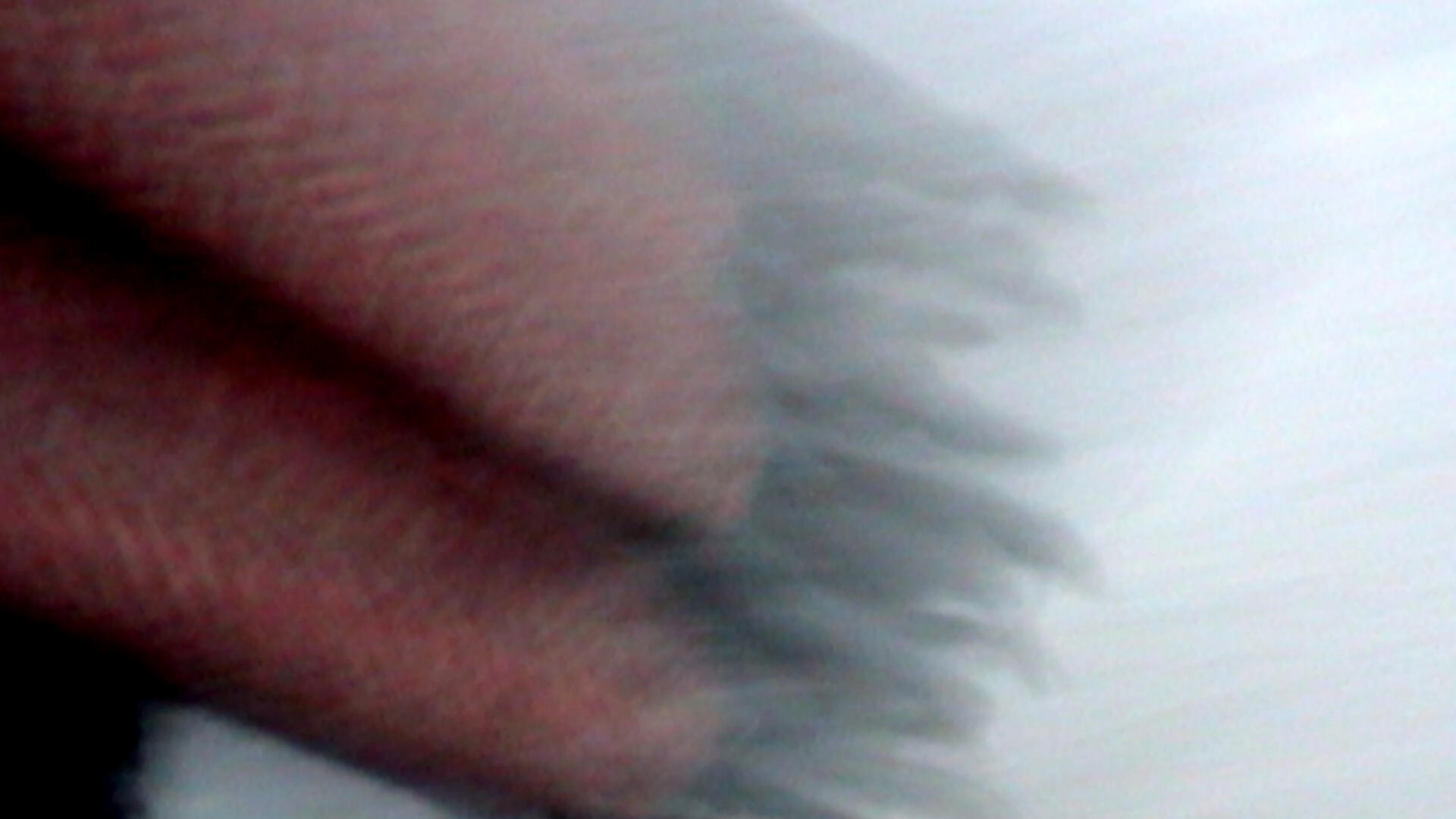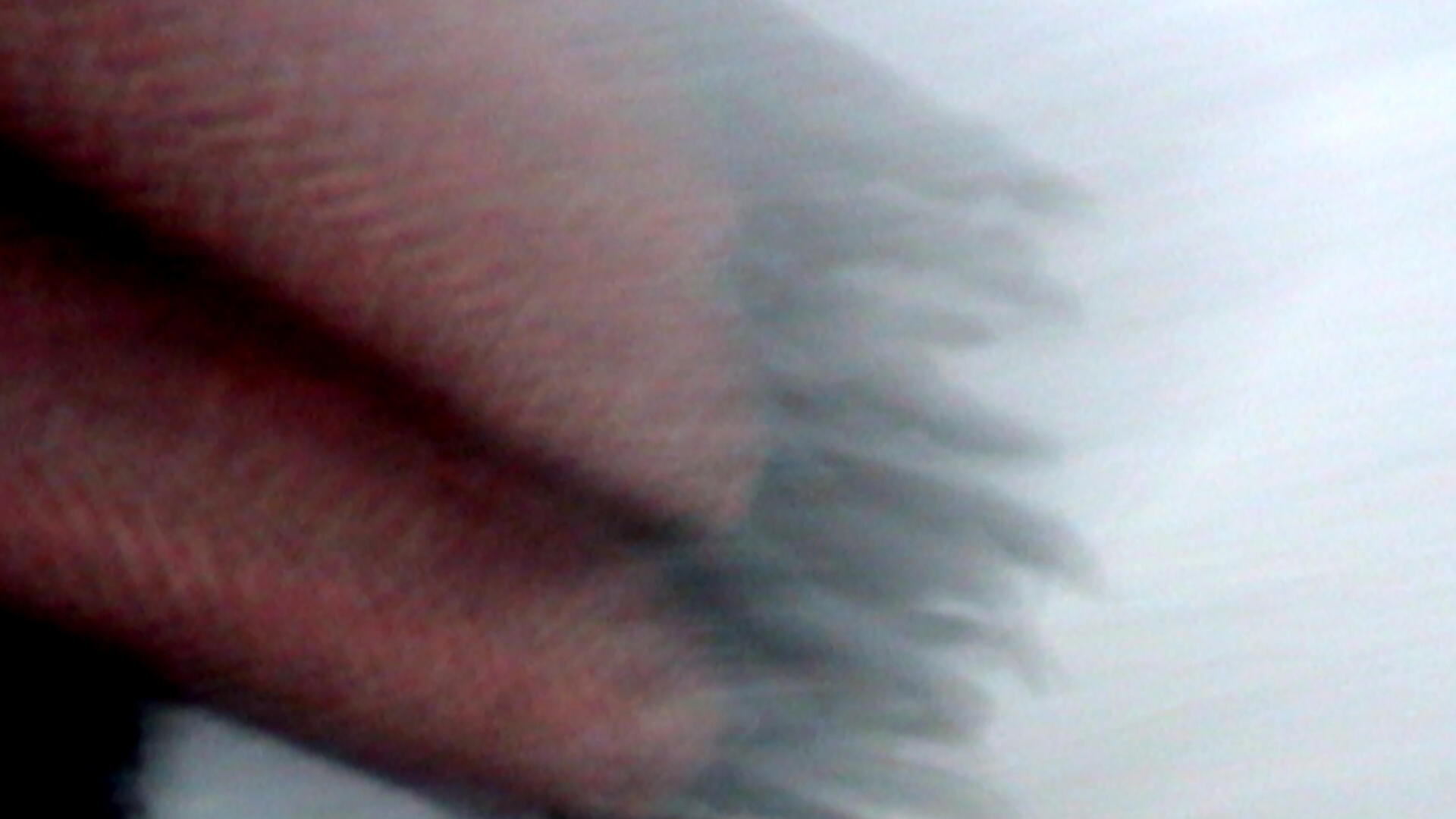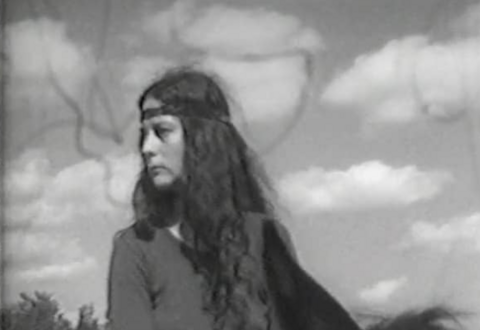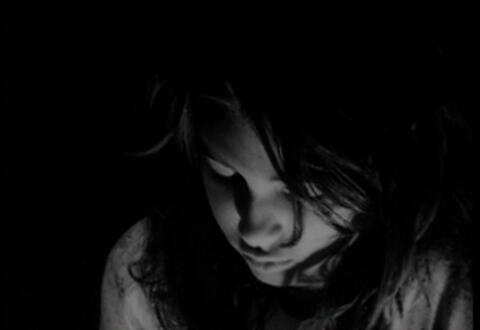
An old man has been hit by a car and is now huddled in a bus shelter, where Donigan Cumming has stopped to talk to him. It's cold, and he can't move his legs. He has been married for forty-five years, has two children, fights with his wife, and believes in God's help. All this we learn from the soundtrack of Shelter. On screen we see only wavering, semi-abstract images: the asphalt floor of the bus shelter, a fragment of a hand, a fluttering scarf.
Cumming's work often provokes the viewer with its intimate, even intrusive gaze at sickness or aging. Shelter provokes in a different way, by refusing to show us anything of the encounter the film is supposedly about. A further provocation is Cumming's seeming callousness: he responds to the man's apparently real troubles as if they were a scene from a Western ("you can't shoot straight when you're like this"), and eventually just walks away.
This off-screen encounter, enigmatic at first, can be read as Cumming's critique of the role of both film-maker and audience in the conventional documentary portrayal of the disadvantaged. For a limited period of time we visit those less lucky than ourselves, turn them into characters in an imagined script, and ultimately abandon them to return to the safety of our own lives.
Marcy Goldberg, Visions du réel, 2002
Credits
Technical information
Documentation
Voice, Story, Meeting























